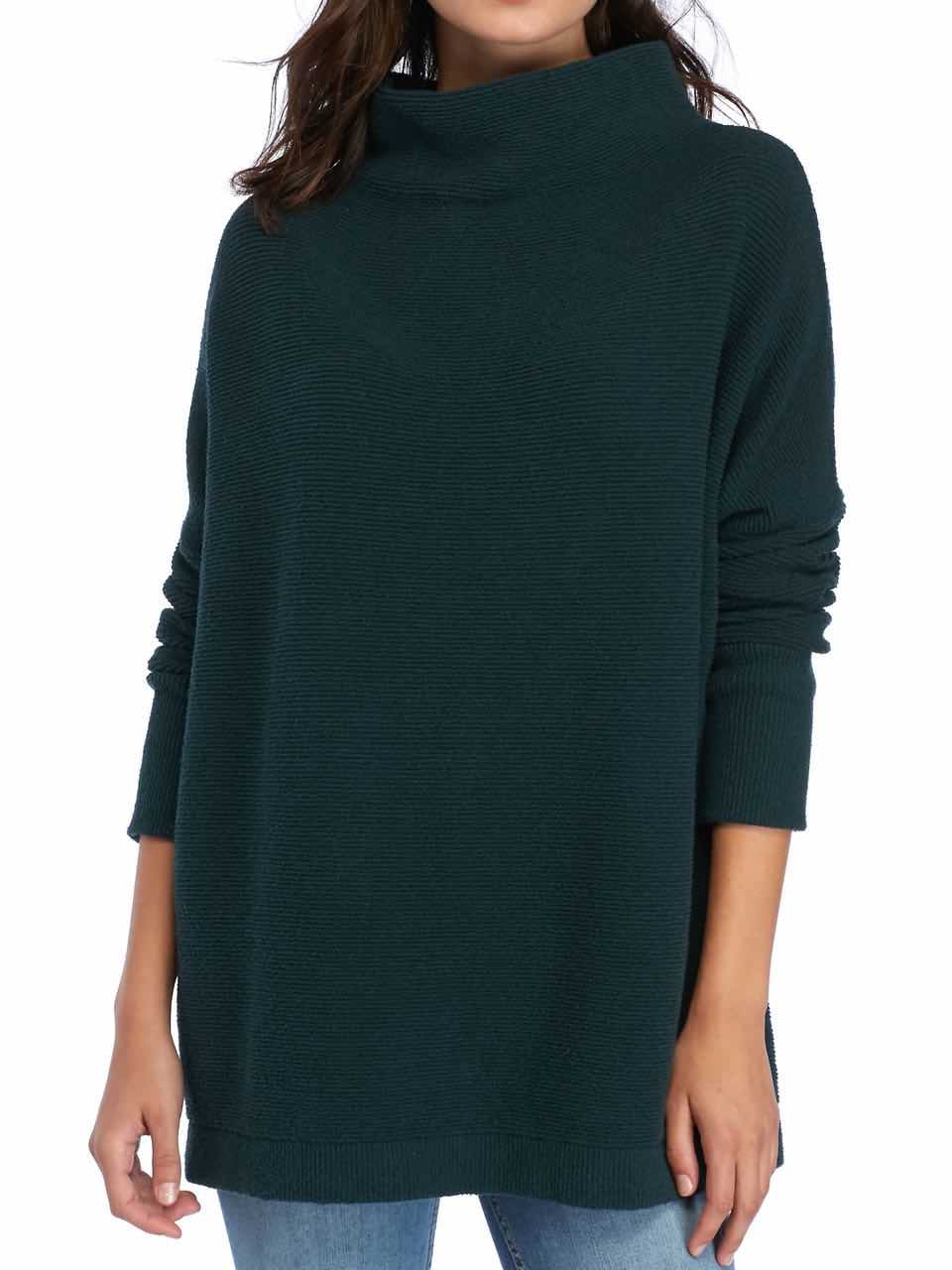

Abbasid era ĭuring the Islamic golden age of the Abbasid era, the cosmopolitan super-culture spread far and wide to Chinese emperors, Anglo-Saxon coinage, but also in Constantinople too (current day Istanbul). ĭ'Arvieux in his travels in the 17th century mentions Syrian Amirs and Bedouin Sheikhs wearing the kaftan as winter garments. It is open at the front and the sleeves are slight cut at the wrists or even as far as to the middle of the arms. It is described as a long robe as far as the calves sometimes or just under the knee. In Arabic, the word khaftān is used just like in Persian. In some cultures, the kaftan has served as a symbol of royalty.Īccording to Encyclopedia of Islam, this fashion came up quite early among Arabs under the influence of Persian fashions. In regions with a warm climate, it is worn as a light-weight, loose-fitting garment. The kaftan is often worn as a coat or as an overdress, usually having long sleeves and reaching to the ankles. Styles, uses, and names for the kaftan vary from culture to culture. Variations of the kaftan were inherited by cultures throughout Asia and were worn by individuals in Russia (North Asia, Eastern Europe and formerly Central Asia), Southwest Asia and Northern Africa. Popular during the time of the Ottoman Empire, detailed and elaborately designed garments were given to ambassadors and other important guests at the Topkapı Palace.

It may be made of wool, cashmere, silk, or cotton, and may be worn with a sash. In Russian usage, kaftan instead refers to a style of men's long suit with tight sleeves. Originating in Asia, it has been worn by a number of cultures around the world for thousands of years. Illustration by Max Karl Tilke published in Oriental Costumes: Their Designs and Colors (1922), Georgian National Museum, Tbilisi.Ī kaftan or caftan ( / ˈ k æ f t æ n/ Persian: خفتان, khaftān) is a variant of the robe or tunic.


 0 kommentar(er)
0 kommentar(er)
